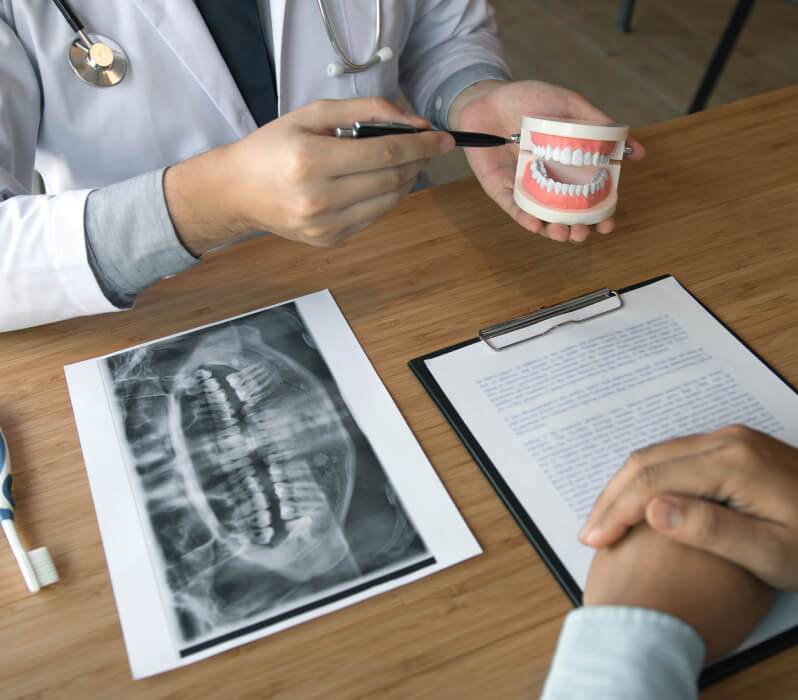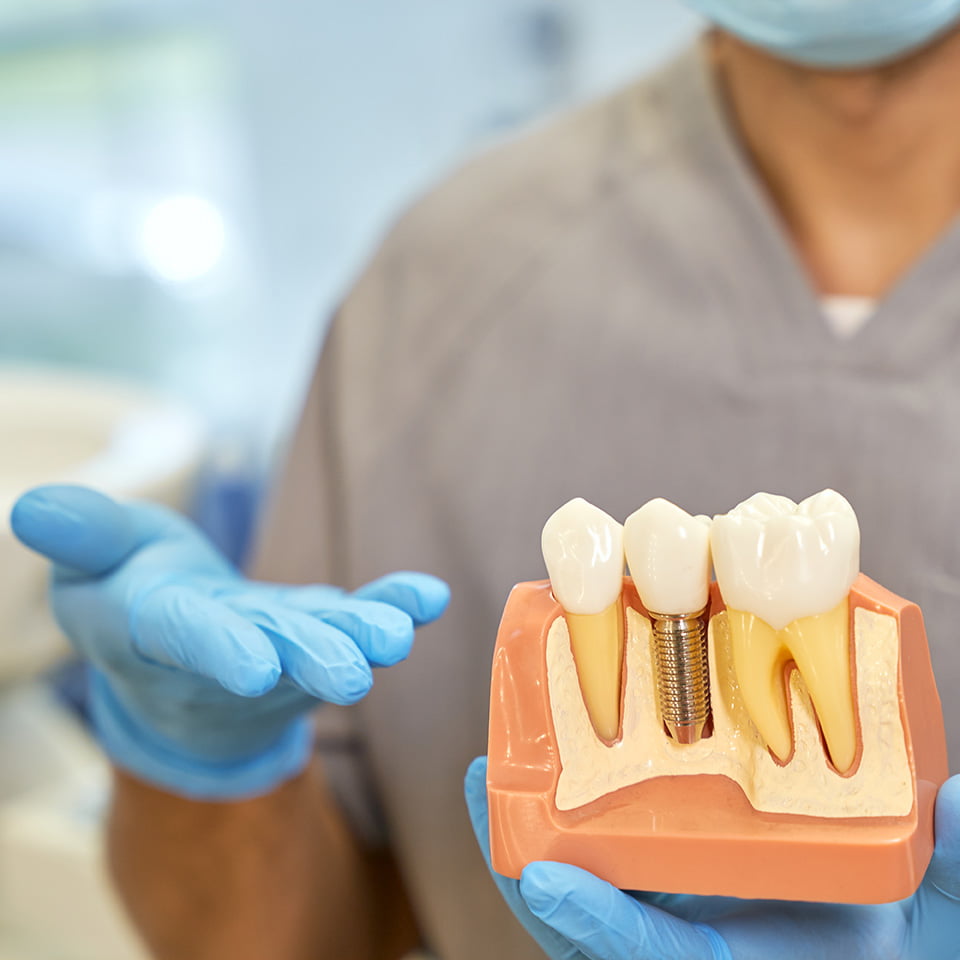
What Is The Best Way To Pay For Dental Implants?
The Financial Challenge of Dental Implants Despite their unparalleled advantages, the journey towards obtaining dental

Topic: Kid’s Dental Health
Below you will find an easy to read transcript of Dr. Igor Kaplansky’s monthly podcast interview. You can click the video to listen to the podcast or simply read the easy to follow transcript below. Enjoy!
Podcast Interview:
RC: Hello, everyone. This is Liz Harvey coming to you from our studios in New York City where we are dedicated to bringing you top quality advice from many of the leading expert professionals across the US.
In today’s episode, we are speaking with Dr. Igor Kaplansky. Dr. Kaplansky is the founder of Dentistry by Dr. Kaplansky in Gasport, NY. He grew up in Russia and after receiving his dental degree, he was accepted into the International Dentist program at the University at Buffalo, School of Dental Medicine. He graduated Cum Laude in 1998 with a Doctor of Dental Surgery degree and continued as a resident in the Advanced General Dentistry program at Buffalo.
Since 1999, Dr. Kaplansky has been practicing family dentistry with a special interest in orthodontics and dental implants. He has been recognized with prestigious fellowship awards from the Academy of General Dentistry and the International Congress of Oral Implantologists. Dr. Kaplansky is widely considered to be one of the top dentists in the country. He is also a contributing member of our national network of industry professionals. Today we’re going to talk about a very important topic: kids dental health. Hello, Dr. Kaplansky. How are you today?
Dr. Igor Kaplansky: Good morning, Liz. Good to be here.
RC: Well thanks for joining me.
What is the best age for kids to start seeing a dentist?
Dr. Igor Kaplansky: That’s a great question. A lot of times parents are a bit confused, and they don’t know what would be the best time to bring their children to the dentist. The American Dental Association recommends for children to be seen by a dentist within six months of the eruption of the first baby tooth. Usually it’s somewhere around 1 year or 12 months of age. We normally see kids a little bit later, say around 2 or 3, to start routine maintenance, cleaning, checkups, this kind of stuff. The initial visit when kids are really young is more important for the parents. It is geared more towards educating parents on what to do and what not to do with baby teeth and how to make sure that there are no cavities, when they finally do bring them in for maintenance at the age of 2 or 3.
Why are baby teeth important?
Dr. Igor Kaplansky: Baby teeth are very important for many reasons. Some are obvious and very clear to parents, and some are not. The obvious reasons are certainly chewing. Babies need to chew. Speech development is another important factor. One other one that usually gets kind of forgotten is baby teeth maintain room in the jaw for the permanent teeth. Unfortunately sometimes we see this kind of attitude among parents, “Oh it’s just the baby tooth. Oh, it’s okay if it decays a little bit or falls out. We don’t need to take care of it. It’s just going to fall out anyway.” The problem with this is the arch, the dental arch, the jaw is going to develop improperly. It will collapse and the permanent tooth will not have enough room to escape. Eventually these children see more orthodontic problems and spend more time with braces.
Do kids have to wait for all their adult teeth to grow in before they start orthodontic treatment?
Dr. Igor Kaplansky: Excellent question. There’s different types of malocclusion, or bad bites. Some are treated when all the adult teeth come in. Some can be treated earlier. We usually evaluate children every six months, as they come through the practice for their cleanings and checkups. We advise parents on what the best time would be for that particular child to start orthodontic treatment. Treatment can be started earlier in some cases and is beneficial to start it in what is called mixed dentition, when there are some baby teeth present. Like I said, the others it’s best to wait for all the baby teeth to fall out first.
Can kids get cavities from not flossing, even if they brush their teeth twice a day?
Dr. Igor Kaplansky: Absolutely. Baby teeth are just like adult teeth as far as their vulnerability to decay. If plaque is not removed in between the teeth, which is what flossing does, you can get a cavity in the baby tooth between the teeth. Unfortunately again, it’s on parents most of the time. Parents don’t emphasize the importance of flossing for their children, kids are obviously not going to floss on their own and then they end up having cavities between the teeth. If these are not diagnosed soon enough or early enough, they turn into larger cavities. The arch will then collapse because teeth get smaller in their width. Then permanent teeth have a hard time erupting. It’s not just about cavities and bad-looking teeth or pain or abscess. It’s also all related to orthodontics as well.
What advice do you have for parents of kids who are nervous about dental visits?
Dr. Igor Kaplansky: The best thing to do is to prepare your children a little bit. Explain to them. It follows the same mantra of tell, show, do. Which is what we all learn in professional school. That’s how we approach children when they come for the appointment. We explain to them what we’re going to do, we show them a lot of times what we’re going to do, and then we do it. If parents could prepare their children a little bit and explain what to expect and not scare them in the process, then their initial visit is usually a pleasant one. It’s all just about basically brushing their teeth with a professional toothbrush. We just clean their teeth. Everybody is smiley, happy, and they all go home happy.
Unfortunately, sometimes we witness parents scare their children with the dentist. “Oh, if you don’t do this, I’m going to take you to the dentist. If you don’t do this, they’re going to drill your tooth!” This is what scares kids. This is what sets up this whole vicious circle of crying and bad emotions. That would be the best thing to do, is not to do this.
RC: Okay, well thank you for your help, Dr. Kaplansky. We know you’re really busy, so I just want to say thank you for your time today.
Dr. Igor Kaplansky: It’s always a pleasure.
RC: For our listeners across the country, if you are interested in speaking with Dr. Igor Kaplansky, you can either go online to www.drkaplansky.com or call 716-772-7500 to schedule an appointment.
On behalf of our entire team, we want to thank you for listening. We look forward to bringing you more top quality content from our country’s leading industry professionals.

The Financial Challenge of Dental Implants Despite their unparalleled advantages, the journey towards obtaining dental

Dental implants have revolutionized the world of dentistry, offering a long-term solution for missing or

The Undeniable Necessity of Replacing Missing Teeth Beyond Cosmetic Concerns The issue of missing teeth
At Dentistry by Dr. Kaplansky, we believe that everyone deserves quality dental care, regardless of their situation. Our experienced team specializes in a variety of services such as dentures, crowns, bridges, implants, and anything else needed to ensure your smile is healthy and beautiful! Our patients are the most important thing to us. That’s why we offer the best service in Gasport, Lockport, Buffalo, and the rest of New York!
With us, you can feel at ease knowing that not only will we meet all your expectations, but we will also provide specialized care tailored to fit each individual’s needs. Additionally, our knowledgeable staff makes sure that all treatments are performed with the utmost safety and precision in order to minimize any discomfort or risks during treatment.
Call or visit our website today to book an appointment with Dentistry by Dr. Kaplansky and get the dental health you deserve!
2023 All Rights Reserved | Dentistry by Dr. Kaplansky, PLLC | Powered by Starfish Ad Age